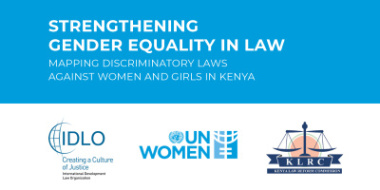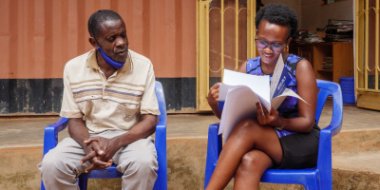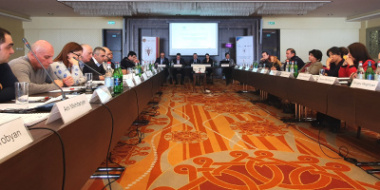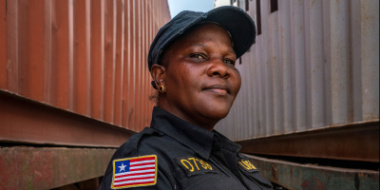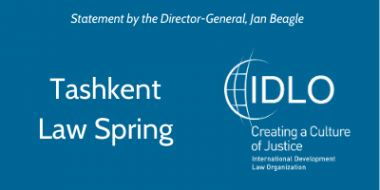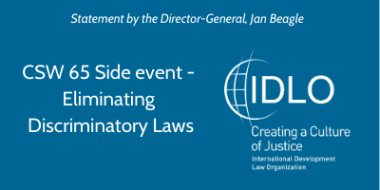
In 2010, the people of Kenya overwhelmingly voted in favor of a new Constitution, following a protracted struggle for constitutional reform spanning over two decades. Under the new Constitution, the elections of 2013 were the first in Kenya’s multiparty history with Electoral Dispute Resolution (EDR) processes in place. With these mechanisms, disputes can be resolved legally, peacefully and speedily – as opposed to resulting in violence or being allowed to drag through the courts.
IDLO played a significant role in the judiciary’s handling of the 2013 electoral disputes. From mid-2012, IDLO, with support from DANIDA and USAID, implemented a project, “Supporting the Kenya Constitutional Implementation Process”. The project supported the set-up of the operational structures of the Judiciary Working Committee on Elections Preparations (JWCEP), the temporary committee set up by the Chief Justice in June 2012 to make administrative preparations relating to the Judiciary’s handling of electoral disputes arising out of the 2013 general elections. Through this program, IDLO provided strategic assistance to the JWCEP in implementing its mandate, including in the developing of dispute resolution procedural rules for the purposes of adjudicating disputes concerning presidential and gubernatorial elections. The program trained over 700 judges and other officials on the new Constitution and electoral laws, embedded researchers in the judiciary to serve as a reference point for judges hearing electoral disputes, and increased public awareness of the electoral dispute processes and outcomes. IDLO also supported the JWCEP in the documentation of its work and in the undertaking of an independent evaluation of its performance to inform its future work.
Overall, in 2013, 188 petitions were filed challenging the results or the process of the election, with 24 challenging the election of County Governors; 13 against Senators, 70 against Members of the National Assembly; 9 against County Women Representatives; 67 against County Assembly Representatives and 5 against County Assembly Speakers. All disputes were resolved within the statutorily mandated six-month period. Kenya’s Election Dispute Mechanism is being continually improved, with IDLO support, ahead of the next national vote, scheduled for 2017.


